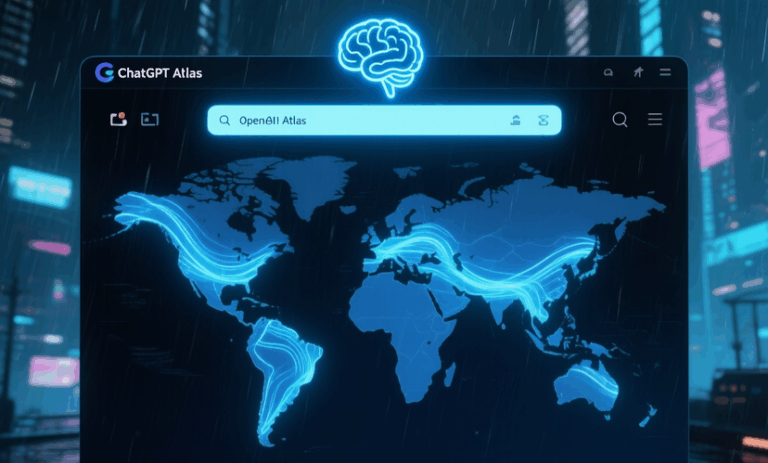
In a surprising turn of events, Tencent quietly removed a new game from Steam that bore striking similarities to Sony’s celebrated hit Horizon Zero Dawn. This development came shortly after Sony initiated legal action against the Chinese tech giant, alleging that the game was a blatant copycat designed to capitalize on the success and unique identity of Horizon Zero Dawn. The swift removal signals Tencent’s possible attempt to mitigate further legal repercussions and reputational damage, but it also invites deeper questions about the boundary between inspiration and imitation within the gaming industry.
The pressure exerted by intellectual property laws in the gaming world has always been a delicate balancing act. While creativity flourishes through inspiration and iteration, blatant copying threatens not just the original creators but also the trust of gamers who seek novel experiences. Tencent’s move to pull the game suggests an acknowledgment, at least on a procedural level, that crossing this line can have severe consequences. It underscores the importance of respecting the craft and innovation that developers invest in their projects, especially when iconic franchises like Horizon Zero Dawn are involved.
From a corporate perspective, this incident could affect Tencent’s reputation as a powerhouse in game publishing and development. Known for fostering both original content and partnerships with major studios worldwide, the company must now carefully navigate the fallout and reassert its commitment to genuine innovation rather than opportunistic mimicry. The gaming community and industry stakeholders alike will be watching closely to see if Tencent enacts stricter quality and originality controls moving forward.
Moreover, this situation brings to light the ethical challenges that pervade game development today. The rapid pace at which games are produced and released can sometimes incentivize rushed projects that cut corners on creativity, potentially leading to shameless clones of successful titles. Developers and publishers who prioritize ethics and originality might find themselves at an advantage in building long-term trust and brand loyalty—elements that cannot be easily replicated or replaced.
In conclusion, the quiet removal of Tencent’s Horizon Zero Dawn lookalike from Steam is more than just a response to a lawsuit; it reflects ongoing tensions around intellectual property rights and creative integrity in the gaming ecosystem. As the industry continues to evolve, it remains imperative that companies like Tencent embrace not only legal compliance but also ethical responsibility in their pursuit of delivering groundbreaking and authentic gaming experiences.



